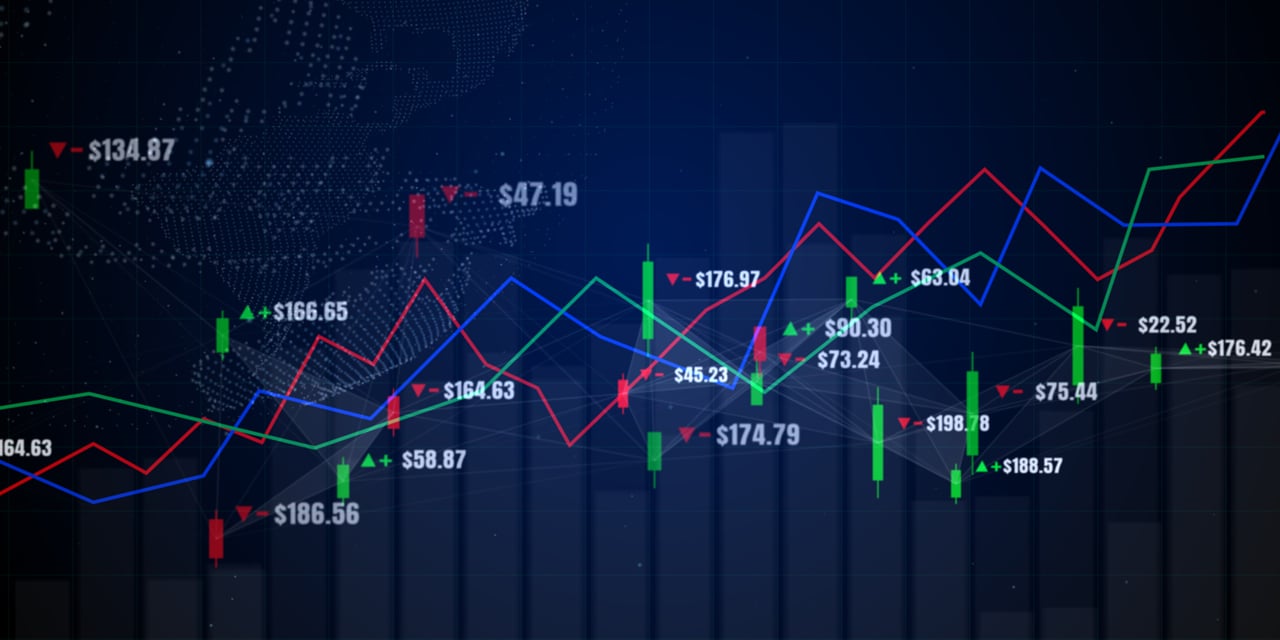
All That Matters: What Just Happened?
After August began with a market selloff, Mike and Ross hash out what happened and what’s to come.
What just happened?
Mike: Ross, what is it about August and the markets? We had a recent selloff, but we’ve seen this happen a handful of times in recent history: the fall of 2018, 2015, 2011, 2008, 2001… maybe people are just away from their desks and enjoying the last of summer, but is there anything else that can explain what just happened?
Ross: We know that there is some seasonality to the market. The third quarter is historically the weakest quarter, with August and September being some of the weakest months of the year on average. Fall is simply a more difficult time to be an investor. But when it comes to the recent selloff, we can chalk it up to two reasons. The first is related to what is often referred to as “market plumbing.” There was a popular trade that was leveraged through the Japanese market, and when new interest rates came in, traders unwound their investments rapidly and caused a ripple in the U.S. market. The second – and more meaningful – reason was recent data indicating a softening labor market. Investors started to ask if the Federal Reserve was behind the curve with their interest rates and if a recession is on the horizon. And when the market is at all-time highs, those kinds of questions are going to cause a little bit of volatility.
Mike: Leveraged trades can be frustrating in the market – they rely on certain relationships being very stable and when that stability is (almost inevitably) called into question, it can spark a flash panic. And while that was one frustrating trigger for the recent selloff, I think the market’s real concern is the unemployment rate. I’ve heard people say that the only problem for the stock market is the Federal Reserve. The Fed has to fight inflation with interest rates, but not at the expense of the job market. And after the recent labor data, investors are asking whether the Fed is so focused on inflation that it’s ignoring other economic indicators that keep interest rates high.
Ross: Investors are also starting to poke holes in the AI story. The enthusiasm around artificial intelligence has fueled significant gains in big stocks, but there’s increasingly more questions about whether there will be profitable applications in the short term for the companies that have already invested billions of dollars into the technology.
All these developments have ignited questions of a recession. The irony is that we sat here a month ago and asked if we were at the market top. We resoundingly said no, and then the market laughed at us. It’s time to face the music, Mike. Were we wrong?
Were we wrong?
Mike: I may have been wrong about putting pineapple on pizza (it’s delicious), but I don’t think we were wrong when we said the bull market is far from over. As of today, we’re only 4% off of the market’s all-time highs. And while we went through a bout of volatility, the market has had a decent run the last few days. Our view is that if the labor market is okay and the housing market is okay, then the economy can persevere. Now, if the labor market takes a turn and more people start to lose their jobs, history suggests that it will tend to continue in that direction. We will continue to monitor that and engage with clients based on what the latest data is telling us.
Ross: Ultimately, we said we were in the middle of a bull market and that volatility was all but expected. We couldn’t predict when the Japanese trades were going to unwind – that’s just the reality of participating in the market. But perhaps we breezed past labor market indicators. While an unemployment rate of 4% is historically low, the trend was shifting.
If you ask me today, I still think the bull market has room to run: corporate earnings are high, the consumer is still spending, and I still feel pretty good about things. I’m not going to bail just because of the volatility we saw over the past couple weeks.
Mike: The reality is that the markets continue to be heavily influenced by the Federal Reserve, and investors are grappling with the likelihood of a recession. Because recessions are where you get bad outcomes in the economy and get bear markets. But as our friend Ben Carlson recently pointed out, the U.S. has only been in a recession for two months in the last 15 years. Economists, strategists, investors and banks endlessly talk about the likelihood of a recession – and yet over the last decade and a half, the U.S. has spent a total of two months in a recession. It reminds me that not only is it hard to predict the future, but that we often miss the bigger picture of the economy. Every day people are going to work and participating in an economy that continues to hum.
What now?
Ross: I think we can prepare for a continued focus on employment data in the coming months. As we talk today (August 13), we’re closing out the best day in the stock market in almost two years, and it was in response to initial claims for unemployment insurance coming in a little better than expected. Every new piece of economic data – especially regarding the labor market – is going to be under a magnifying glass as an indicator for a recession. This may trigger some additional volatility as investors try to gauge whether or not the Fed can hit a soft landing with interest rates.
Mike: While the election will also be in focus, I agree that the market is going to be hyper fixated on any and all labor data: is the economy slowing a little bit, or dramatically? And while I think new all-time highs is not out of the realm of possibility, it will rely on the Fed and its plan for interest rates.
All that said, the markets are a complex tapestry operating in an unpredictable world. It’s why you choose to work with an advisor who helps you plan and stick through these more tumultuous times.
The information reflected on this page are Baird expert opinions today and are subject to change. The information provided here has not taken into consideration the investment goals or needs of any specific investor and investors should not make any investment decisions based solely on this information. Past performance is not a guarantee of future results. All investments have some level of risk, and investors have different time horizons, goals and risk tolerances, so speak to your Baird Financial Advisor before taking action.


